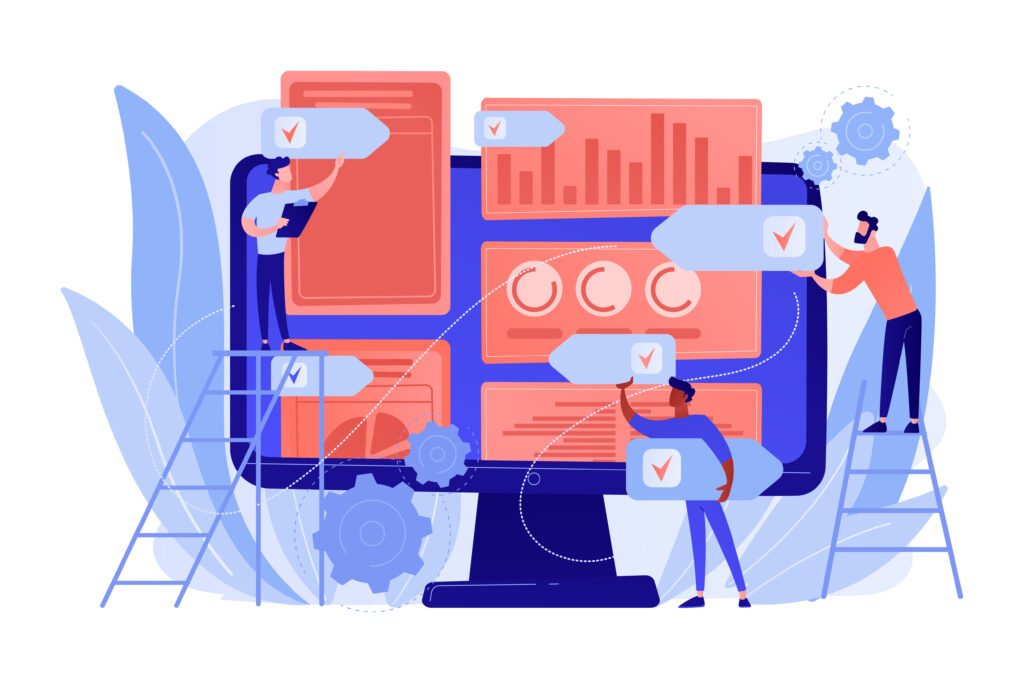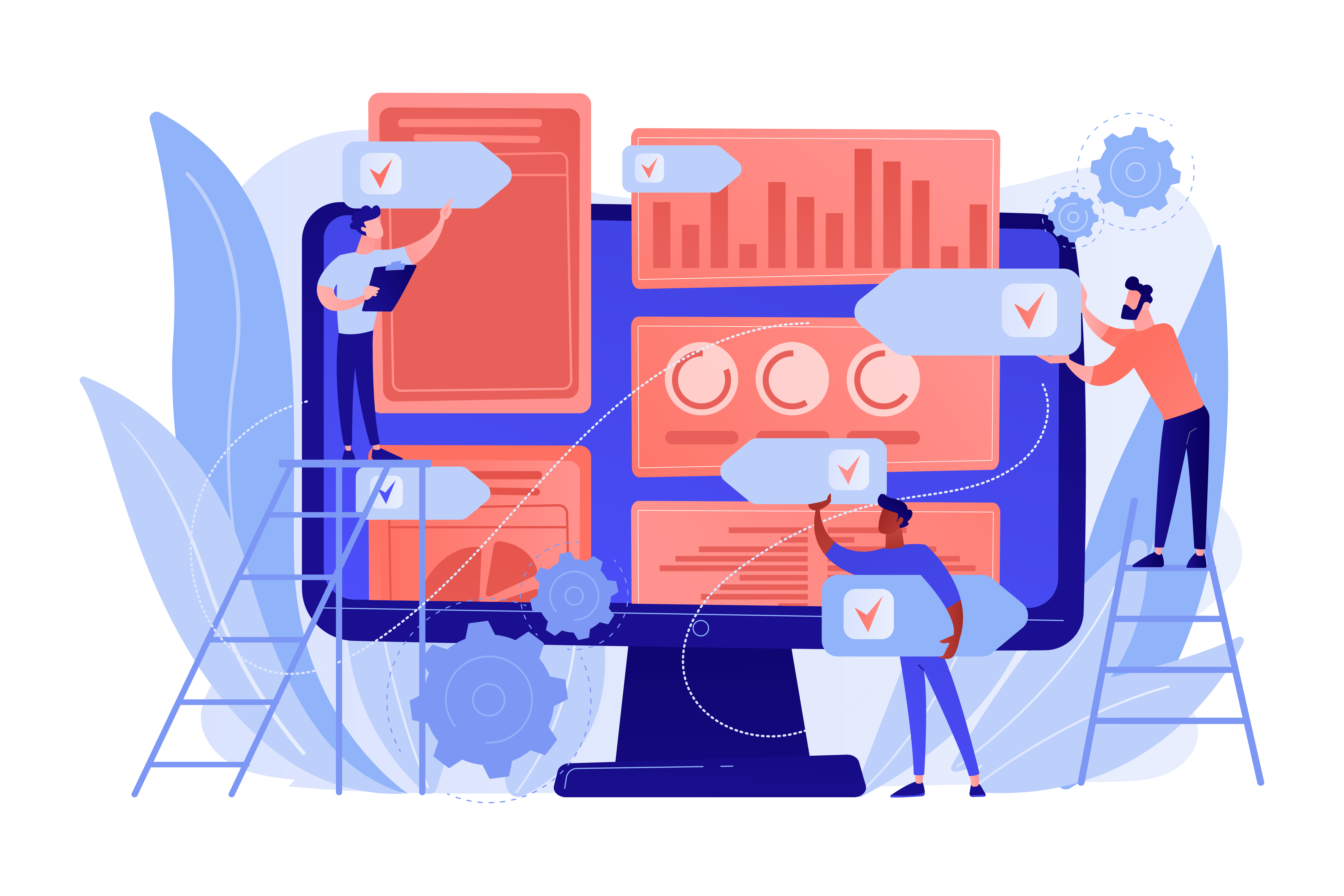Marketing automation has revolutionized the way businesses engage with their customers, streamline processes, and drive growth. With its ability to automate repetitive tasks, personalize customer experiences, and deliver targeted messaging, it has become an indispensable tool for modern marketers. As technology continues to evolve at a rapid pace, the future of marketing automation holds even more promise, with advancements that will further enhance its capabilities and impact on businesses across various industries.

1. Enhanced Personalization
One of the key areas where marketing automation is set to make significant strides in the future is in personalized marketing. With the advent of artificial intelligence (AI) and machine learning (ML), marketers can leverage vast amounts of customer data to create hyper-personalized experiences at scale. By utilizing predictive analytics and behavior tracking, these platforms can analyze customer preferences and deliver targeted messages and recommendations tailored to individual needs. This level of personalization not only enhances customer satisfaction but also increases conversion rates and drives customer loyalty.
2. Integrated Omnichannel Marketing
In the future, marketing automation will play a crucial role in enabling seamless omnichannel marketing experiences. Today’s customers expect consistent interactions across multiple channels, including email, social media, mobile apps, and websites. These platforms are evolving to provide a unified view of customer interactions and engagement, allowing marketers to create cohesive campaigns that span different channels. By integrating data from various touchpoints, it will enable marketers to deliver timely and relevant messages, regardless of the channel, resulting in a more cohesive and personalized customer journey.
3. AI-Driven Automation
Artificial intelligence and machine learning will continue to drive advancements in marketing automation, enabling marketers to automate complex tasks and optimize campaign performance. AI-powered algorithms can analyze vast amounts of data, identify patterns, and make data-driven decisions in real-time. By automating repetitive tasks such as lead scoring, content personalization, and campaign optimization, marketers can focus on strategic initiatives and creative endeavors. AI-driven automation will enable marketers to save time, improve efficiency, and deliver highly targeted campaigns that yield better results.
4. Voice and Chatbot Integration
As voice assistants and chatbots gain widespread adoption, marketing automation will integrate these technologies to enhance customer interactions. Voice-activated devices and chatbots powered by natural language processing (NLP) will allow marketers to engage with customers in a conversational manner. Marketing automation platforms will integrate with voice assistants and chatbot frameworks to deliver personalized recommendations, answer customer queries, and provide interactive experiences. This integration will enable marketers to leverage the power of voice and chatbot interfaces, creating more interactive and engaging customer experiences.
5. Data Privacy and Compliance
In an era of increasing data privacy regulations, marketing automation will need to adapt to stringent compliance requirements. Future marketing automation platforms will prioritize data security and compliance, ensuring that customer data is handled in a transparent and responsible manner. Features such as consent management, data encryption, and granular user permissions will become integral parts of these platforms. By prioritizing data privacy and compliance, businesses can build trust with their customers and establish long-term relationships.
The future of marketing automation is bright, with advancements that will empower marketers to deliver more personalized and engaging experiences. Enhanced personalization, integrated omnichannel marketing, AI-driven automation, voice and chatbot integration, and data privacy and compliance will shape the future of these platforms. By embracing these developments, businesses can harness the power of technology to drive growth, build customer loyalty, and stay ahead in an increasingly competitive landscape. These platforms are poised to revolutionize the way businesses engage with their target audience, automate processes, and drive meaningful results. As technology continues to evolve, marketing automation will become even more sophisticated, providing marketers with powerful tools to reach their goals. Here’s a closer look at what the future holds for marketing automation:
6. Advanced Analytics and Insights
The future of marketing automation lies in its ability to provide advanced analytics and actionable insights. As data becomes more abundant, marketing automation platforms will leverage advanced analytics techniques to extract valuable information and trends. Marketers will gain a deeper understanding of customer behavior, preferences, and buying patterns, enabling them to make data-driven decisions and refine their marketing strategies. With the help of predictive analytics, marketers can identify potential leads, anticipate customer needs, and optimize campaign performance for maximum impact.
7. Augmented Reality and Virtual Reality
Augmented reality (AR) and virtual reality (VR) have the potential to revolutionize the way customers interact with brands. Marketing automation will leverage these immersive technologies to deliver highly engaging and interactive experiences. For example, customers can virtually try on products, visualize how furniture would look in their homes, or experience virtual tours of real estate properties. By integrating AR and VR into these platforms, businesses can create memorable brand experiences, drive engagement, and boost conversions.
8. Internet of Things (IoT) Integration
The Internet of Things (IoT) is a network of interconnected devices that collect and exchange data. Marketing automation will tap into the vast potential of IoT by integrating with smart devices. For instance, a smart refrigerator could automatically reorder groceries based on consumption patterns, or a fitness tracker could trigger personalized offers based on activity levels. By leveraging IoT data, it can deliver hyper-targeted marketing campaigns, enabling businesses to connect with customers at the right time, in the right context.
9. Agile Marketing and Real-Time Responsiveness
Marketing automation will continue to support agile marketing methodologies, allowing businesses to respond swiftly to market changes and consumer demands. Real-time data integration and analysis will enable marketers to adapt their strategies and campaigns on the fly, ensuring that they remain relevant and effective. With the ability to track and analyze customer interactions in real-time, marketing automation platforms will empower marketers to make data-driven decisions quickly, optimize campaigns, and seize opportunities as they arise.
10. Human-Centric Automation
While automation plays a significant role in marketing, the future will see a shift towards human-centric automation. Marketers will focus on leveraging automation to enhance their creativity, strategic thinking, and relationship-building skills. Automation will handle repetitive tasks, allowing marketers to concentrate on crafting compelling stories, developing innovative strategies, and fostering genuine connections with customers. Human-centric automation will enable marketers to bring a human touch to their campaigns, ensuring that the customer experience remains authentic and personalized.
Conclusion
The future of marketing automation is marked by exciting possibilities. Enhanced personalization, integrated omnichannel marketing, AI-driven automation, voice and chatbot integration, advanced analytics, augmented and virtual reality, IoT integration, agile marketing, and human-centric automation will shape the marketing landscape. Businesses that embrace these developments will have a competitive edge, as they can deliver highly targeted, engaging, and seamless experiences to their customers. These platforms continues to evolve, presenting marketers with endless opportunities to drive growth, nurture customer relationships, and thrive in the digital era.
Additional Articles:




